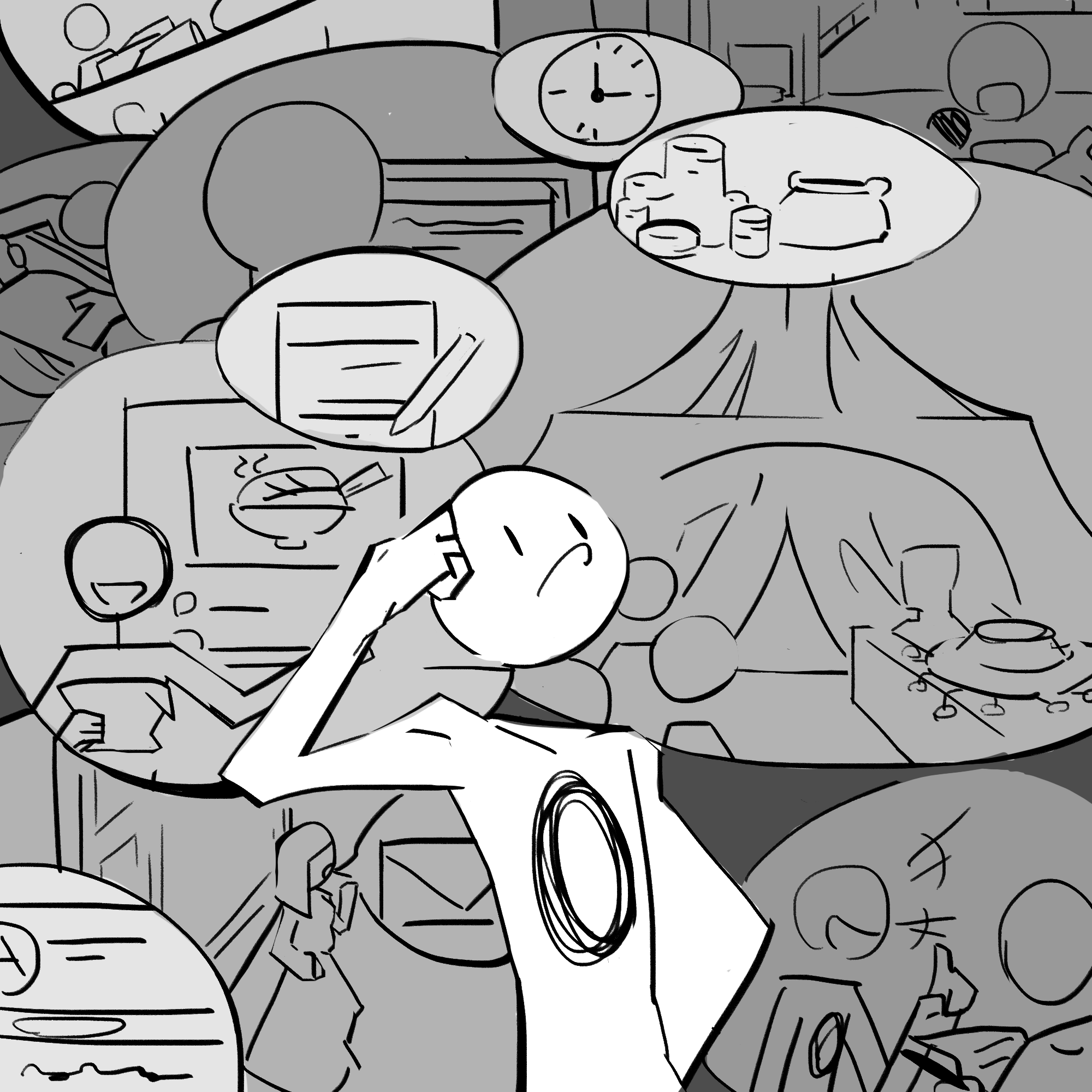
The start of the school year came with the creation of new clubs and the continuation of many more, along with changes due to COVID-19. This year, the Aragon administration has limited club meetings to lunchtime at the tennis courts and club officers have had to host the fall and spring carnivals.
“Like every organization trying to operate during a pandemic, clubs have had to adapt to new rules and be innovative this year,” said Director of Student Activities Melissa Perino.
This year, clubs have had to submit attendance lists and meeting minutes, which is a summary of what happened at each meeting. They also have to submit a club charter to apply for club status and remain active next school year.
“[Submitting meeting minutes is] pretty strict since they close submissions [on the] Canvas course for club officers … at midnight,” said junior and Key Club President Marcela Zaragoza Padilla.
Hosting clubs on the tennis courts instead of in classrooms this year was inconvenient to some club officers.
“I wish we had a place to show … our slides during presentations because I think they would have helped both us and [members] understand what was going on,” said senior and Red Cross Club President Nayeon Koo.
Since clubs are supposed to be places to enrich students, they can get strikes if they break rules or lose their purpose and simply become hangout spots.
“The strike system … [attempted] to prevent clubs from not doing anything,” said junior and Associated Student Body President Benjamin Wen. “When a club isn’t doing anything, the most obvious answer is to deactivate them.”
The carnivals have been a new event to this year, but they have received mixed reactions. Club officers have cited the training sessions for the carnival to be frustrating because they had to miss a FlexTime.
“That one Flex period might have been the most important … for a few weeks,” Koo said. ”People [might have] had to … retake a test or ask a teacher about help for a test.”
The carnival also comes with organizational challenges as it is an outdoor event that aims to include the entire school.
“It’s hard to keep it organized,” Padilla said. “Some classes get lost or stay too long at one game, so it’s a little stressful managing that.”
Some club officers argue that each club’s table should pertain to the club running it.
“I think [the tables are] … a bit too standardized [and] some people don’t even know what club is holding what,” said sophomore and Cubing Club Secretary Eshaan Thakral. “Maybe having a requirement to design a poster or something that sets them apart from the rest of the clubs [should be considered].”
Wen believes some of the changes were necessary.
“I think part of the frustration is justified, [but] to a degree, … [it is not] fully,” Wen said. “Last year [online], ASB went with a more hands-off approach … and it was harder to keep track of what clubs were up to. Minutes have been something that we’ve implemented this year solely because the administration has requested us … to aid them with COVID-19 tracking. In past years, ASB has always been involved with clubs, if not more involved than we are now.”
Despite some concerns, others have still enjoyed the carnivals as they can provide an exciting opportunity to win spirit points and break up the routine of everyday school life.
“[Some groups are] very excited to play the game,” Padilla said. “I’m glad to be part of that because we’re bringing so much joy into these kids’ lives. We’re [normally just] sitting in our classrooms doing work and it’s quite boring over time, but knowing there’s a carnival around the corner is exciting.”
This year has brought new regulations and events to Aragon’s student clubs, creating mixed feelings among club officers.




